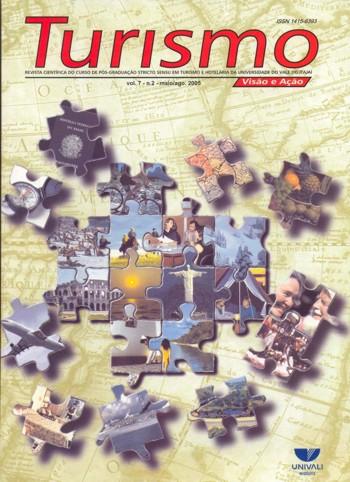Tourism and Self Care: Discourses on Cure and Healthcare Travel Itineraties in the Press

This article presents the results of a study carried out from 2004 to 2005, as part of the student research program of UNIVALI, which involves graduate students in projects carried out together with a coordinator. This is based on a wider, funded Project which forms part of the production of a research group registered with the CNPq (National Research Council). In relation to the research carried out, it analyzed the meanings of written media discourses on cure, health treatment and healthcare
itineraries, in spaces presented as tourism paradises or places of cure and/or relaxation. The methodological procedure involved analyzing texts with visual and/or written messages, as well as the speech of people presented in these texts. The qualitative method was used to collect and analyze data, as this enables the complexity of human language to be shown, in the midst of contradictions, unpredictability and creativity. The methodology for discussing the data collected was that of Jodelet’s (2001) social representations, together with the analytical framework of “speech”, known as Discourse of the Collective Subject (DCS). The material chosen for study consisted of four women’s magazines, selected from a total of ninety six (96) samples analyzed. At the end of the analysis, we were able to observe that the common sense associated with the pseudo-scientific investigations of this type of magazine is an arsenal of recommendations for rest, treatment and cure. In some of these recommendations, professional discourse appears alongside that of the magazine, however, although there is scientific support, almost everything is geared towards the sale of products – people, objects, environments and even religion. The collective characteristic of the discourses carries risks, since they seduce the reader through their image, the statements of professionals and in particular, the statements of famous actors and actresses. The self care offers are almost always also
associated with tourism and religious routes, in a mixture of health and religious tourism, in which the principal DCS is the consumption of peace, security, harmony and health.
Key words: Tourism; Self Care; Quality of Life.








